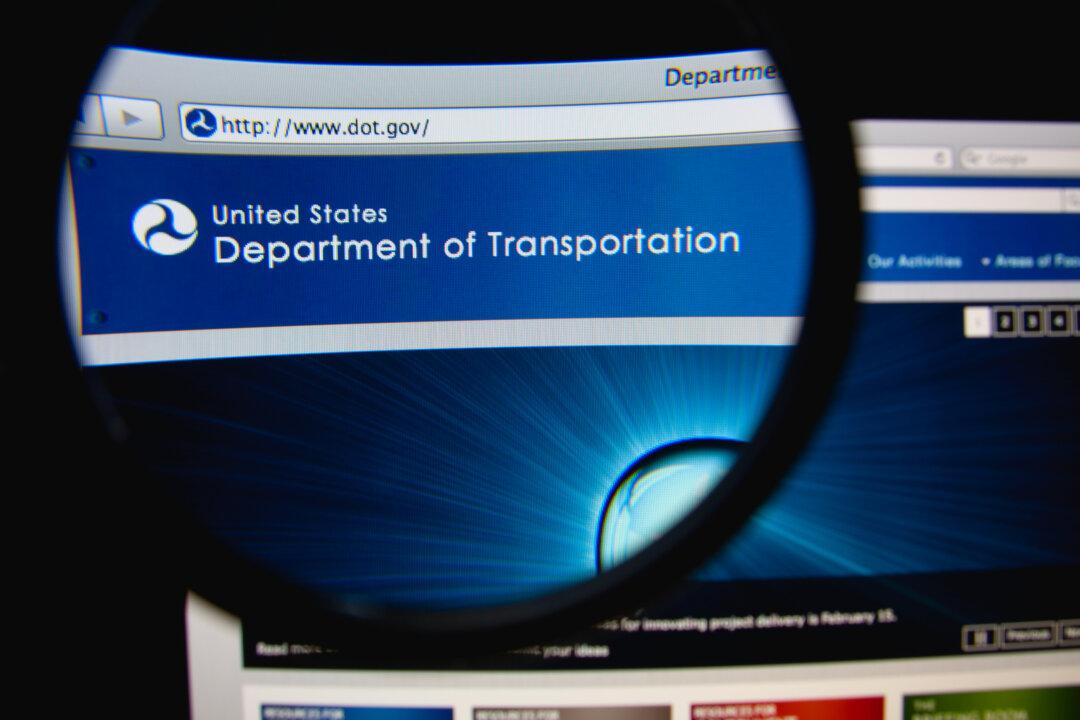Taken together, recent Department of Transportation rules and the final version of the FAA Reauthorization Act amount to good, but not great news for consumers. First, and this was important, we didn’t lose anything. Gains are modest, consisting mainly of provisions under consideration for quite a while, but solid and welcome.
The FAA Act made one big save: Language from the House version would have killed the DoT full-fare advertising rule, and that was dropped from the final version. The gold standard of price advertising is “what you see is what you pay,” and the Department of Transportation (DoT) has diligently enforced its full-fare rule. I really don’t know why killing this useful rule is a big deal to the House, but a few years back it passed a stand-alone bill along the same lines—it didn’t go anywhere, either.





